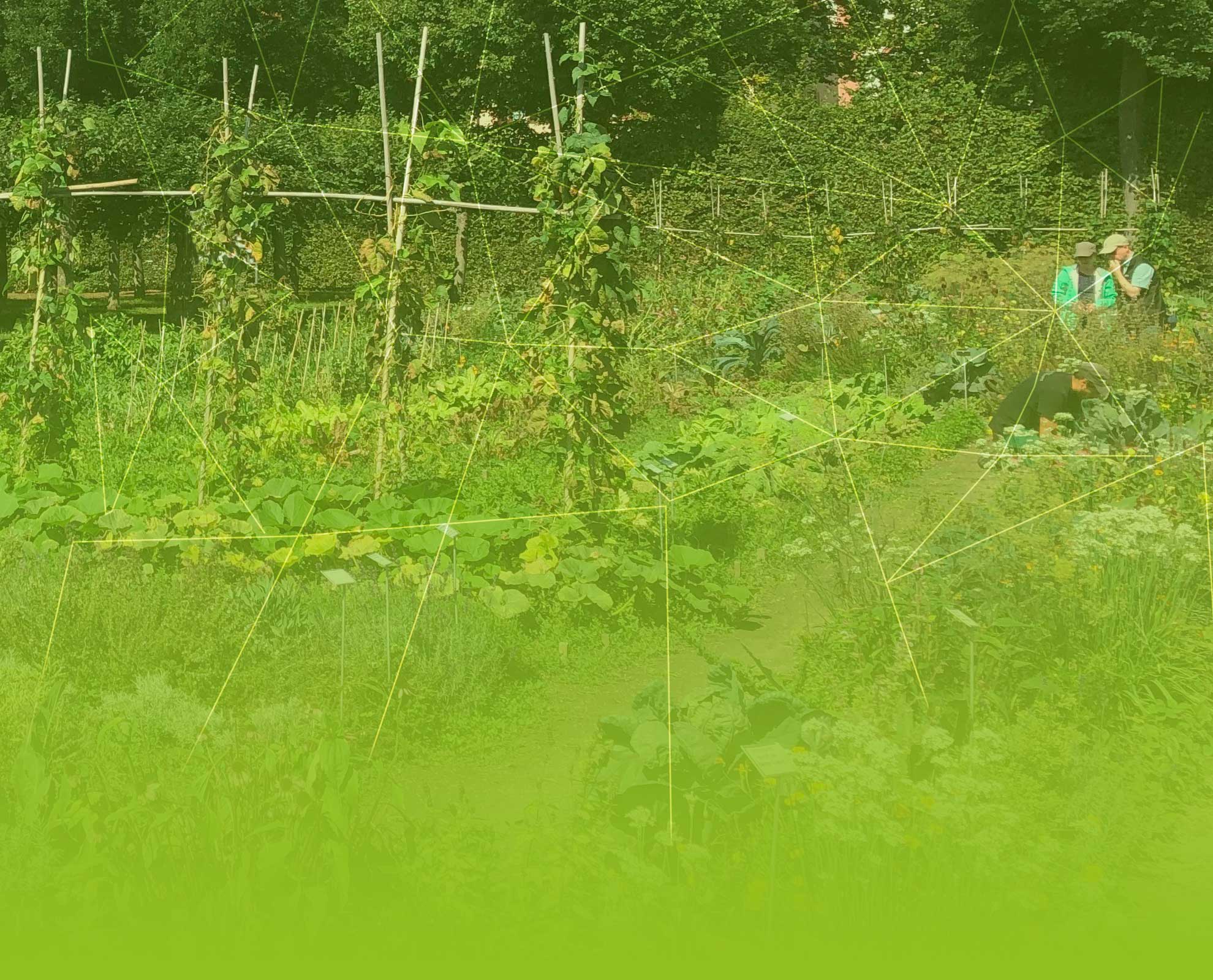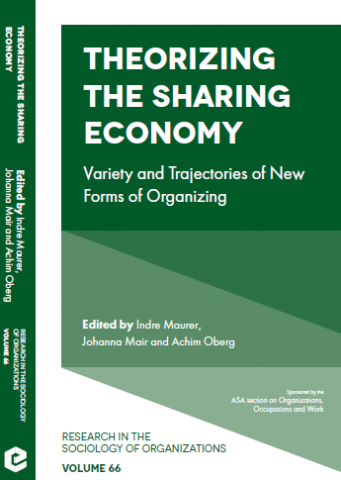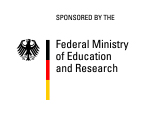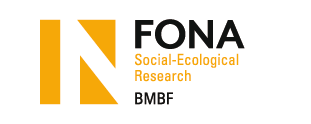In this cluster, the following questions stand in focus:
• How can the sustainability effects of various sharing approaches be assessed?
• What are the definitions and typologies of sharing approaches? What language is used in these approaches? What role does the differentiation between, on one hand, social innovation (private sharing) and, on the other, commercial sharing business models, play?
• How can users be motivated to use sharing approaches more actively, encouraging their spread and increased use? What are the win-win options with regard to various sharing approaches?





